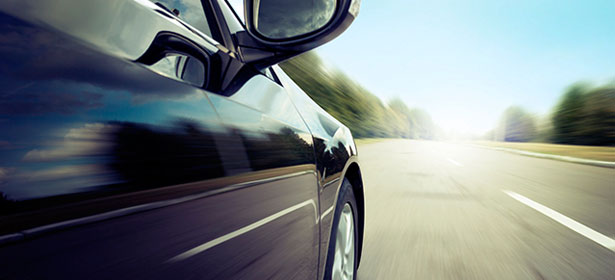
Compare car insurance deals
Check Which? insurance ratings and compare deals using the service provided by Confused.com
Get a quoteBy clicking a retailer link you consent to third party cookies that track your onward journey. If you make a purchase, Which? will receive an affiliate commission which supports our mission to be the UK's consumer champion.

Most cars measure power by the horse, but bhp isn't the only unit manufacturers use to tell us how much oomph there is in the engine.
Pferdestärke, or PS for short, and Kilowatts (kW) are both lesser used units for determining a car's engine power that mostly show up in mainland Europe.
Our tool converts between the three, so you can check how powerful a car is in a pinch.
Whether you're looking for the best SUV or crossover or the best hybrid car, our independent reviews reveal the best cars.
Carmakers sometimes quote the power outputs of their engines using different units, which can be confusing when you're trying to compare new cars.
This handy calculator lets you convert quickly and easily between the three main measurements used – bhp, kW and PS.
Dealership or classified? Read our guide on where to buy a car
Brake horsepower – or bhp – is the most widely used measure of engine power alongside PS (see below), although it's often not clear which unit manufacturers are using in their brochures.
Unlike ‘horsepower’, which refers to an engine’s total output, brake horsepower only looks at the amount of energy left once other parts such as the gearbox, alternator and water pump have all been powered. It's measured at the road wheels, not at the flywheel.
Powerful engines have a higher bhp figure. For example, an entry-level Toyota iQ has a 68bhp engine, while a supercharged Jaguar XF packs 503bhp.

Check Which? insurance ratings and compare deals using the service provided by Confused.com
Get a quoteAlthough it’s still commonly used by carmakers, PS or Pferdestärke (horse strength in German) was actually replaced by kW as the EU's ‘legal’ measurement of engine power in 1992.
One PS is about 98.6% of a brake horsepower – the two are virtually interchangeable, and PS is sometimes referred to as 'metric horsepower'.
You may see some carmakers quoting the power of their engines in kilowatts – especially on the continent – but this measurement is used far less frequently than PS or bhp. A kilowatt (kW) of power equates to around 1.34bhp.
Torque refers to the amount of pulling power an engine delivers when working at different speeds. The more torque an engine has, the more pull (or acceleration) it offers at lower revs.
Torque is nearly always discussed alongside brake horsepower, as it gives clues to how quickly the engine will be able to shift the car’s weight when overtaking or pulling away from traffic lights.
Ready to choose your new car? Here's our new and used car reviews.
Alternatively, make the most of your existing car by fixing up its bodywork. Discover our guide to the best car scratch removers.
Find the right policy for your vehicle using the service provided by Confused.com
Get a quote now